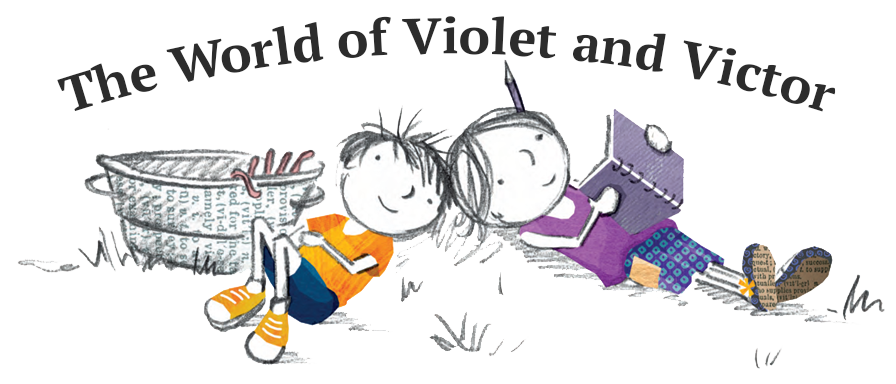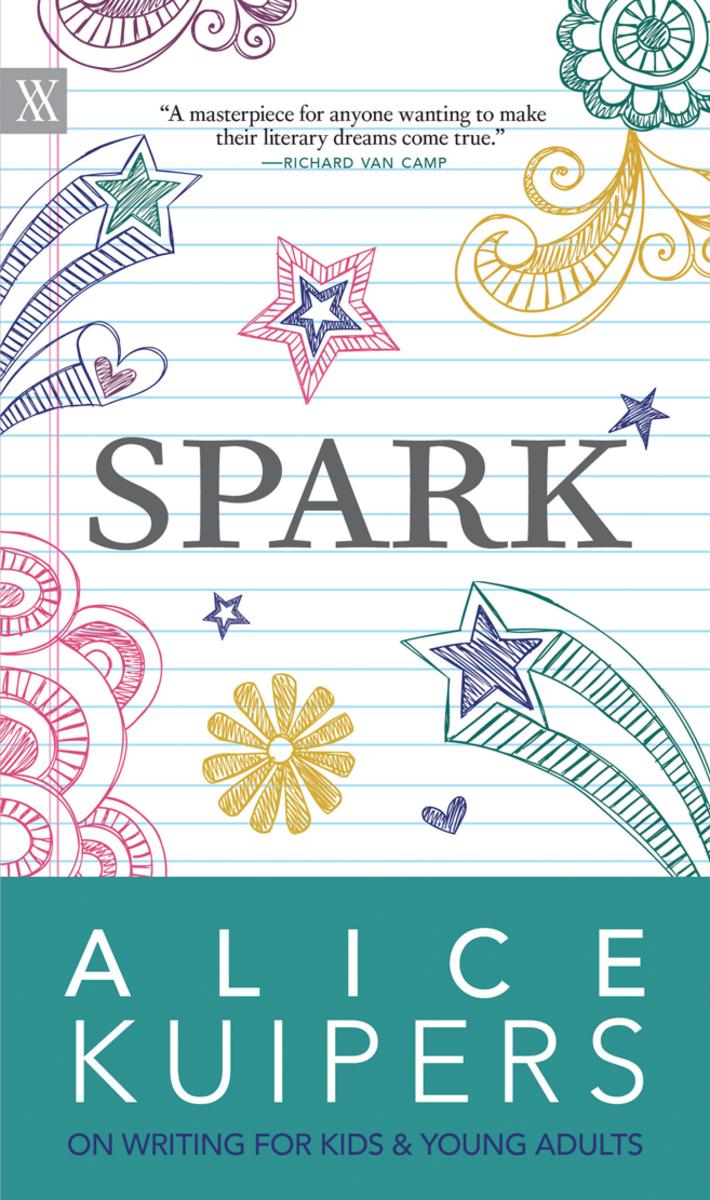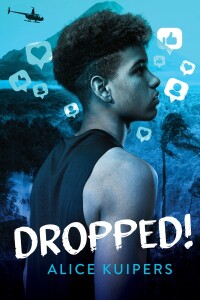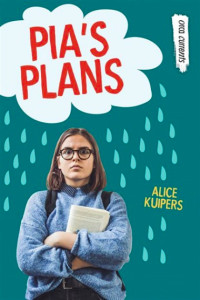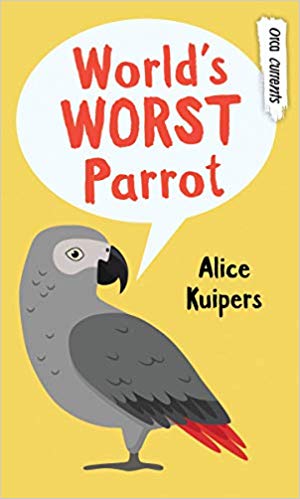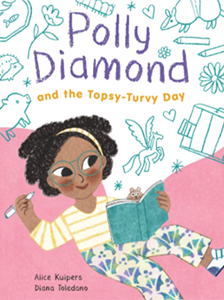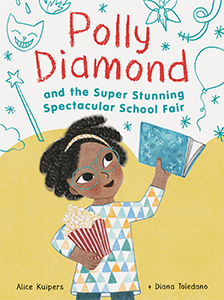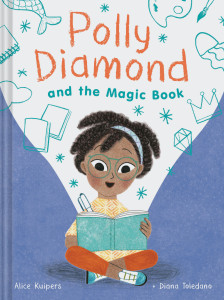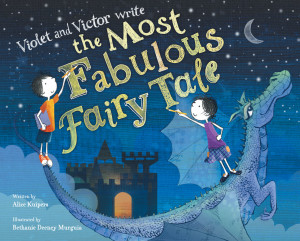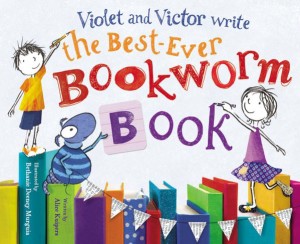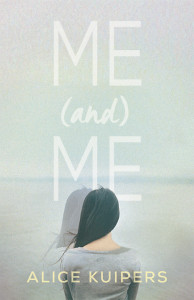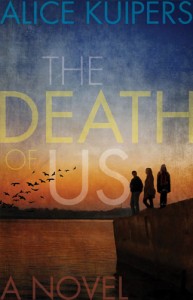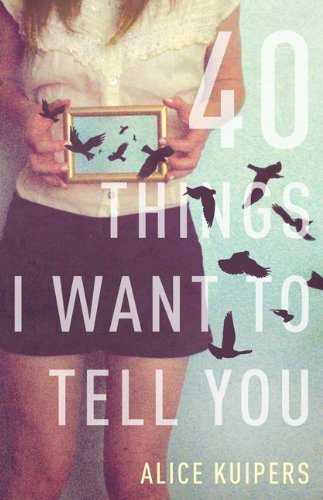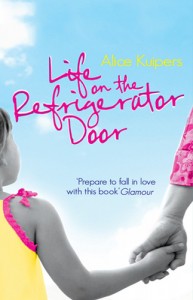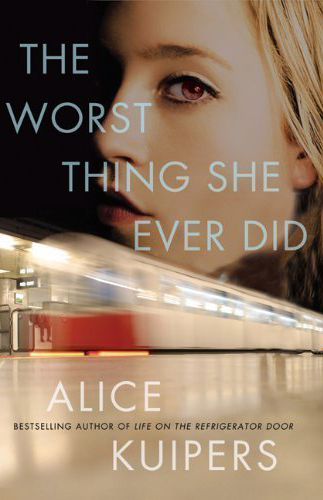There are so many things to learn as a writer that it’s sometimes hard to know where to start, especially when that creative fire is burning inside and you just want to get words down.
The idea behind having this course came to me because I want to share some of the things I’ve learned as a writer (and, believe me, I’m still learning lots too) to make it easier for you to write all the stories, poems, and novels you can.
Every week, I’m going to post on some aspect of writing and finish up with a writing prompt. These first five posts will focus on where ideas come from, what to do when you’re stuck, and how to get inspired. So, let’s get started.
For these first five workshops, I’m using a book called IMAGINE by Jonah Lehrer to help me crystalize my ideas and bring what he says about the imagination and creativity specifically to the act of writing.
In IMAGINE, he refers to two scientists, Beeman and Kouinos. Apparently, they’ve discovered there’s a small part of the brain – called the Anterior Superior Temporal Gyrus – which goes crazy just before we have an insight. For years, I’ve been wondering as a writer where the imagination might be and what would happen if we damaged it. One of my early stories was all about someone who suffered brain damage to her imagination (she started seeing white rabbits at the station and thought she could fly). To be honest, knowing the name of this snippet of brain doesn’t help me feel like I’ve got any sense of what the imagination might be – it seems far huger than a tiny scrap of cerebral matter.
But as huge or tiny as it may be, what’s the best way to get this bit of your brain working? Well, it turns out, you just need to relax. The harder you try to force insights, the less likely you are to have them. (I love that the best way for me to work harder is for me to lie down on the couch!)
Our imaginations are set alight by these insights we have when we’re lying on the couch, having a warm shower, going for a walk, or staring out the window. You know the feeling, the burst in your mind when you have an insight, the explosion of excitement when your imagination catches fire. As a writer, you’re looking for that feeling to happen again and again as you work your way through a piece.
But these moments of insight only come when you fuel your mind with stories, art, newspaper articles, movies, pieces of conversation, relationships, experiences, research. Daily living and looking.
Someone smarter than me said:
OBSERVATION + IMAGINATION = INSPIRATION
(and if you’ve ever been to a workshop I’ve run, you’ve probably heard me say this!)
I think this is a lovely, clear way to think about how to get inspired.
Observe the world (daily living and looking, and research).
Let your mind wander. Imagine.
We’ll be looking at how to work on both aspects of inspiration in the coming weeks, but I’ll leave you now with the prompt for the week – we’re starting with a challenging prompt to really give you something to work with. If it seems too hard at first, let your mind wander and see if an idea pops into your head when you’re doing something else.
This week’s writing prompt:
Imagine that your character’s imagination is affected by something that’s happened to that itty-bitty bit of brain we’ve been talking about.
How does your character think now?
How is their imagination affected? How does it operate? What does it dream? What does it invent?
How did this happen to your character – was it an illness, an accident or a crime?
Write up to 500 words from the point of view of your character. (Use the ‘I’ voice. This will be a hindered narrator, for those of you who like the technical term).

